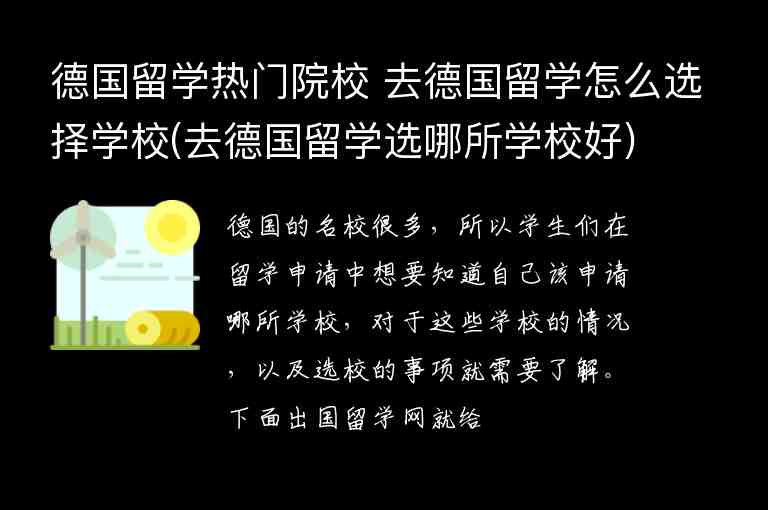一:brief是什么意思?
brief是一个英语单词,意为“简短的、简要的”。它可以作为动词或形容词使用,表示“概述、简要介绍”或“简洁的、短暂的”。
二:怎么读(音标)
[briːf]
三:用法
1. 作为动词,brief可用于以下几种情况:
(1) 指派任务或工作时,向某人传达信息或指示。
例:The manager briefed the team on the new project. (经理向团队介绍了新项目。)
(2) 提供简要的信息或概述。
例:Can you brief me on the key points of the meeting? (你能向我简要介绍一下的重点吗?)
(3) 向律师等专业人士提供案件相关信息。
例:The lawyer was briefed by his client before the trial. (律师在审判前由客户提供案件相关信息。)
2. 作为形容词,brief常用于以下几种情况:
(1) 表示时间短暂。
例:My stay in Paris was brief, but memorable. (我在巴黎逗留时间虽短,但印象深刻。)
(2) 表示内容简洁。
例:Her brief reply left me confused. (她简短的回复让我感到困惑。)
(3) 表示简要的、概括性的。
例:The brief summary provided by the author helped me understand the main idea of the book. (作者提供的简要总结帮助我理解了这本书的主要思想。)
四:例句1-5句且中英对照
1. The lawyer was briefed by his client before the trial.
律师在审判前由客户提供案件相关信息。
2. Can you brief me on the key points of the meeting?
你能向我简要介绍一下的重点吗?
3. Her brief reply left me confused.
她简短的回复让我感到困惑。
4. My stay in Paris was brief, but memorable.
我在巴黎逗留时间虽短,但印象深刻。
5. The manager briefed the team on the new project.
经理向团队介绍了新项目。
五:同义词及用法
1. concise:意为“简洁的、简明扼要的”,强调信息精准、没有冗余。
例:Her concise explanation helped me understand the problem better.
2. succinct:意为“简洁的、言简意赅的”,强调表达方式简明扼要。
例:The professor gave a succinct lecture on the ic.
3. compact:意为“紧凑的、小巧的”,强调内容集中、没有多余部分。
例:The compact manual is easy to carry around.
六:编辑总结
brief一词可以作为动词或形容词使用,表示“概述、简要介绍”或“简洁的、短暂的”。它常用于商务场合中向他人传达信息或指示,也可以用于提供简要的信息或概述。作为形容词,brief常用来描述时间短暂、内容简洁或概括性。与其同义词相比,brief更多地强调信息的精准和准确性。在写作中,我们可以根据具体语境选择使用动词还是形容词形式的brief,并且可以根据需要使用其同义词来丰富表达。





